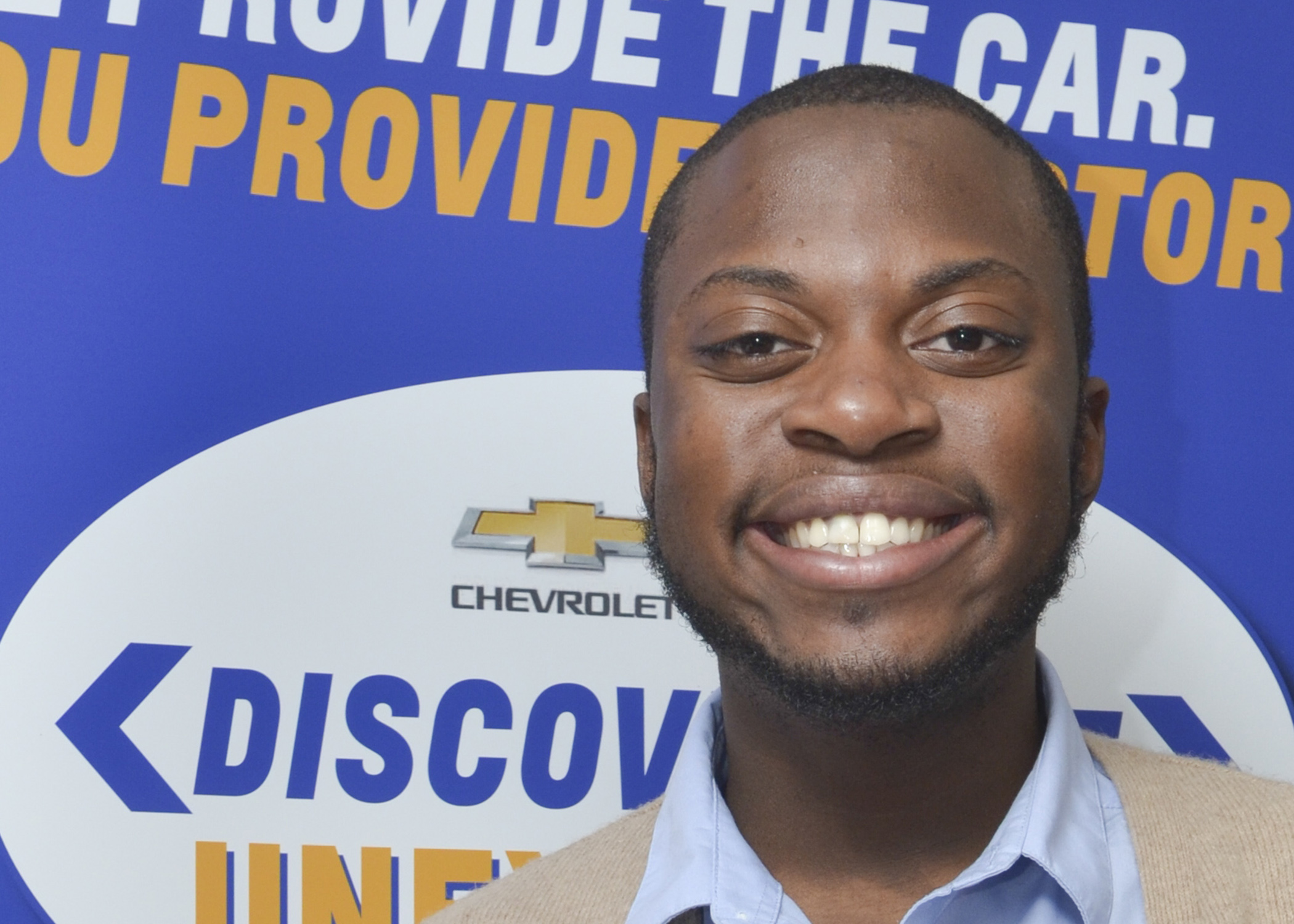FRIENDS REMEMBER, CELEBRATE MUHAMMAD ALI AT CAPITAL PRESS CLUB

The Capital Press Club hosted a panel Thursday in downtown D.C. to honor the memory of Muhammad Ali, as a room filled with writers, photographers and eager listeners heard firsthand accounts of the legendary boxer and the things he did throughout his life.
The event, moderated by Press Club president Barbara Arnwine, featured speakers such as journalist A. Peter Bailey, photographer Roy Lewis, columnist and historian Askia Muhammad and boxing promoter Cassandra White, who all shared a night of laughs, memories and a few tears.
“This event was important because the stories you heard tonight are stories you won’t hear in any other news outlet,” Arnwine said. “The people that knew him for decades and were emotionally invested in him got the chance to share their recollections, their observations and their perspectives on Muhammad Ali.”
Lewis, a longtime photographer in the Black press, first photographed Ali in 1964 before he fought Sonny Liston and traveled with him to Africa.
“I started almost mourning after news came out that his family had gathered by his side, because I had a feeling the end was near,” Lewis said. “I’m celebrating and mourning at the same time. I celebrate his life, but I mourn my heroes.”
Ali, who passed away Friday at an Arizona hospital after a lengthy battle with Parkinson’s disease, was often applauded for his resilience and resistance to conforming to mainstream standards. A Muslim at time where it wasn’t greatly accepted, he changed his name to Muhammad Ali in 1964 after renouncing his birth name — Cassius Marcellus Clay Jr. — as a “slave name.”
Though he officially had changed his name, the media didn’t start addressing him as Ali until seven years later.
Askia Muhammad remembered reading a New York Times article in 1971 that referred to him as Muhammad Ali for the first time, going on to describe Ali’s charisma and the respect people had for him.
“You had people that hated this man, but would show up to every fight,” he said. “He had the ability to captivate his audience, both inside and outside the ring.”
White said a top-draw such as Ali was a rarity for promoters, who sought him out despite his polarizing persona because he was brought in the most money.
“As a promoter, you want somebody that’s braggadocious, because that fills the seats. Muhammad Ali had that gift,” she said. “Not only was he like that, but he had something to back it up with.”

Rushawn Walters
Fellow, Washington Informer
Rushawn Walters is senior journalism major and theatre arts minor at Howard University. He is a White House Correspondents’ Scholar and a member of the Nation Association of Black Journalists. He enjoys writing on topics pertaining to health, social activism and technology. Rushawn is from Springfield, Mass., and his hobbies include reading, traveling and writing.


